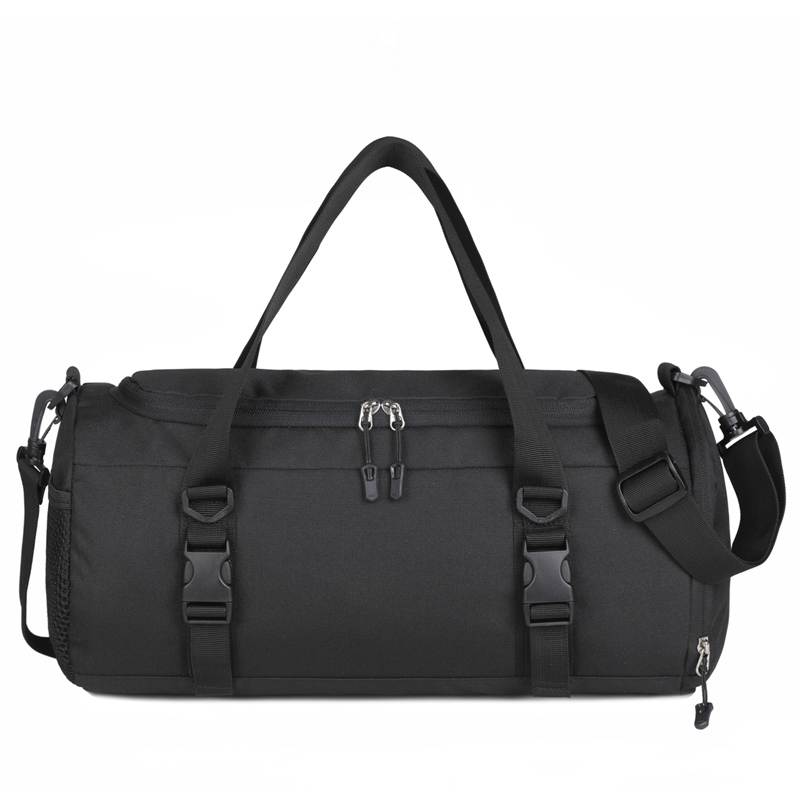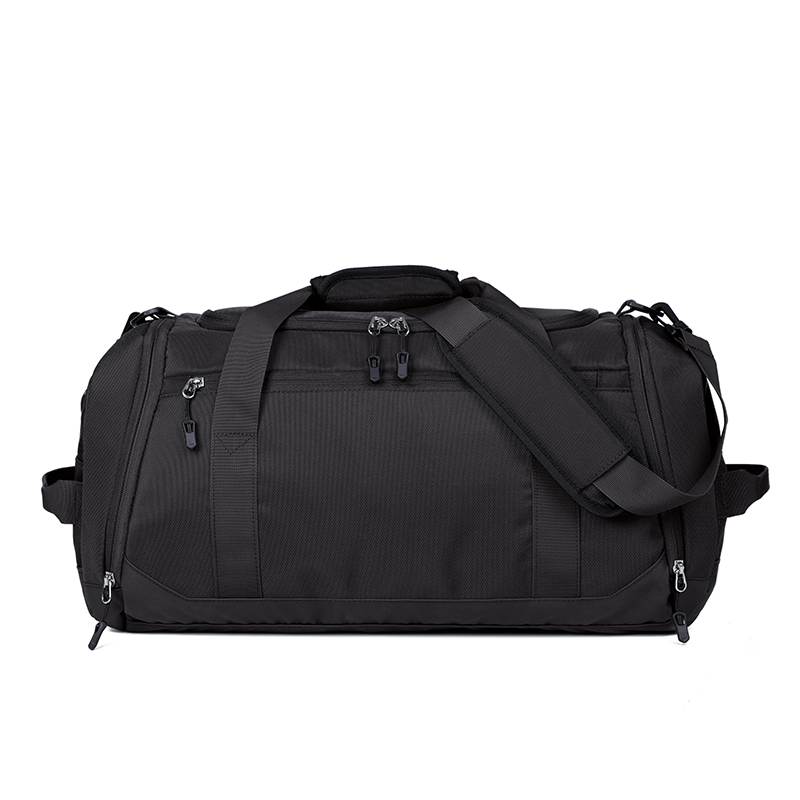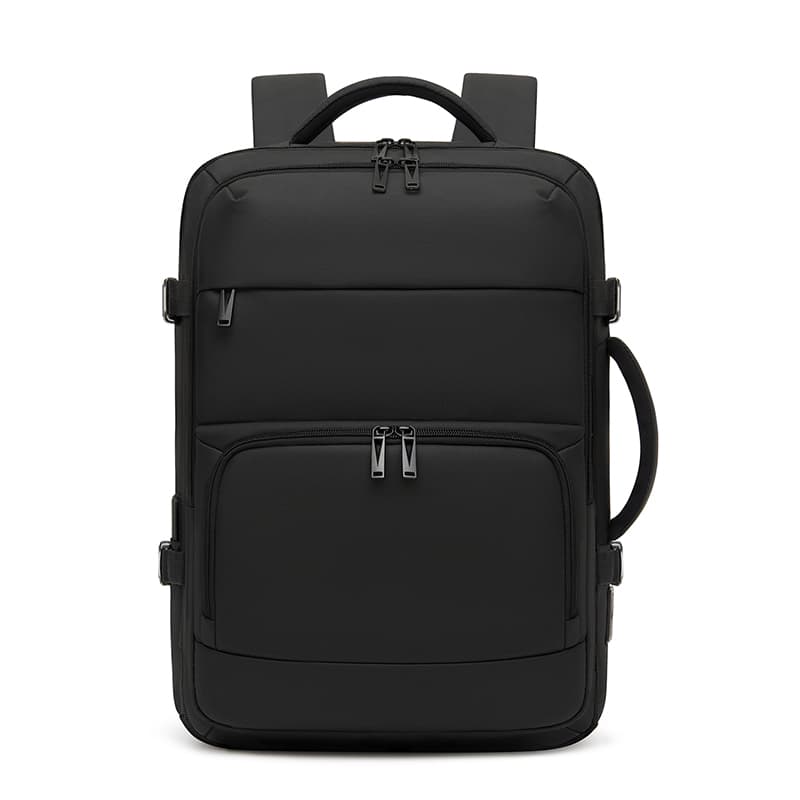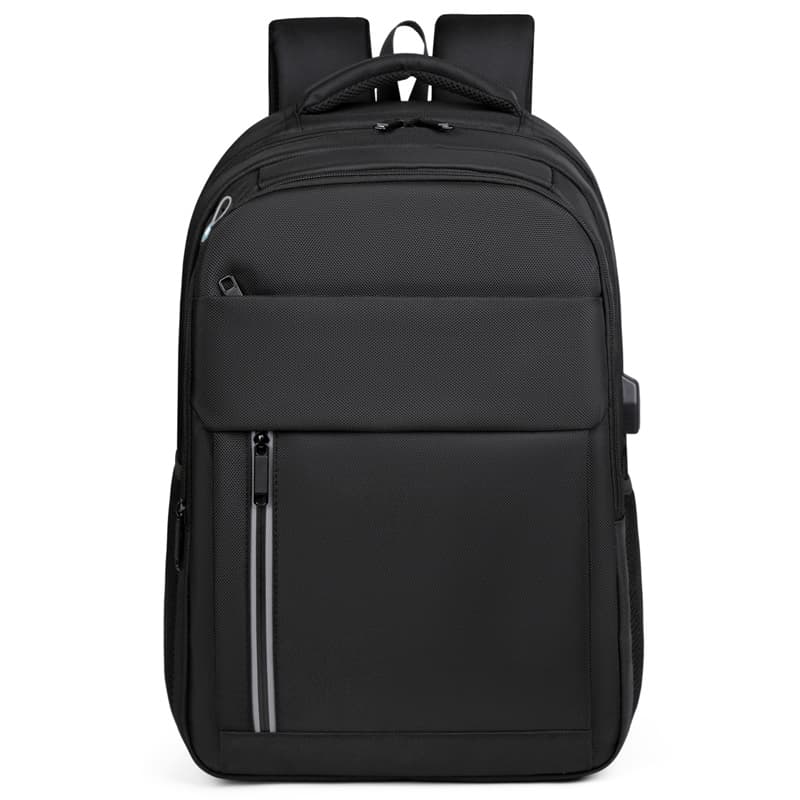Delay Alert! The U.S. Ports are Experiencing Growing Backlog
2022-07-12 14:15:11
hebei leimande
Delay Alert! The U.S. Ports are Experiencing Growing Backlog
Delay Alert! Over a third of the world's capacity is "eaten," 2% is locked in Europe, and U.S. ports are experiencing growing backlog.
Since this year, affected by the epidemic and inflation, overseas consumers' online shopping demand has been declining, and sellers' shipments have been reduced, also leading to the freight forwarding logistics market being in a state of shortage of goods, and the port backlog problem that plagued sellers for a long time last year has been eased.
However, with the recent multi-country workers' strike, the port backlog problem has again spread around the world.
According to Clarksons' Container Ship Port backlog Index, 36.2% of the global container fleet was trapped in ports as of the end of June, up from 31.5% in the years leading up to the COVID-19 pandemic from 2016 to 2019.
European ports are stuck in historic backlog.
Last month, the Port of Rotterdam, Europe's top port, was in a state of emergency, with yard space 85% full while reefer containers were at 100% utilization. Although the rate of lift cargo has improved, the transit and import cargo dwell times are also very long, so many European shipping industry people are deeply anxious.
And the German Kiel (IfW) Institute for World Economic Research released this week the latest report, but also further revealed the historic backlog in Europe and how serious the situation is.
The report shows that last month more than 2% of global capacity in the North Sea is at a standstill, which is a "very rare" situation for the ports there. The current container traffic backlog can not see an end, and other areas of the port blockage are also increasing.
The inability to load and unload cargo due to the unusually long backlog is a troubling reminder that the supply chain is still severely clogged, even though the outbreak blockade is a distant memory.
This could have an impact on future trade shipments.
IfW's Vincent Stamer, head of research at the Institute for the World Economy in Kiel, Germany (IfW), said, "Overall, there was a slightly positive trend in global trade in June, but unbearable backlog, high freight costs, and the resulting export bottlenecks hampered trade, especially to Europe."
Vincent Stamer also noted that shipping backlog used to be very rare in the North Sea region. For Germany and the EU, this will mainly affect trade abroad, especially with Asia.
For example, those shipped from Asia for consumer electronics, furniture, or textiles. The report of the Kiel Institute for the World Economy points out that the situation is further complicated by the fact that the number of container ships passing on the Red Sea route (the most important trade route between Europe and Asia) is also about 20 percent less than would normally be predicted.
The last time there was such a big difference was not only back to the beginning of the outbreak two years ago.
According to Vincent Stamer, "A decisive factor may be the fact that the negative impact of the outbreak is still present due to the 40-day-long voyage from China to Europe."
Container ship backlog in the North Sea and the growing importance of rail transport due to the new Belt and Road Initiative could both reduce shipping volumes on the Red Sea route. " And it's by no means a good thing for the European economy, which is struggling at the moment.
According to the latest trade data from the Kiel Institute for the World Economy, the global trade index rose 0.4% in June from the previous month, but Europe was the weakest performer, with overall EU exports having fallen (-0.5%) and imports increasing by a smaller amount (+ 0.8%).
In contrast, the United States and China's imports and exports are showing strong growth. Dirk Jandura, chairman of the German Federal Association of Foreign Trade and Wholesalers (BGA), said earlier this week that "although German foreign trade continues to remain strong despite the crisis, the outlook is no longer optimistic."
The Port of Los Angeles is congested in Long Beach, USA
At the same time, the ports of Los Angeles and Long Beach are stacked with containers.
The two ports handle about 40% of the total container import traffic and 25% of the total exports of the United States. Because of their inefficient operation, the problem is also becoming increasingly prominent.
Recently, a freight forwarder said: that the United States' Long Beach each terminal had a serious blockage, and part of the terminal has been completely paralyzed. Even if it has increased the number of container vehicles in advance to respond, and try to minimize the impact, according to the current pace, it is still difficult to restore the normal efficiency of the container.
In addition, the situation at the Los Angeles terminal is not optimistic.
It is understood that as of July 1, the total number of import containers at the terminal of the Port of Los Angeles is 67,844, of which 26,416 have been stranded in the terminal for 9 days or longer; the number of empty containers in the terminal and in the yard/warehouse outside the terminal is 52,825.
Currently, there are already freight forwarders who say: "LA terminal is very slow, no one is working, New York terminal CMA MSA wanhai hapag can't return empty." It's very troublesome, and the fuel cost is expensive. So the truck can do it, but can't if you look at it yourself. "Lax air inspection chances are high, checkpoint charges are very high."
In this regard, the freight forwarder suggested that the New York terminal can choose from COSCO, OOCL, and Evergreen. The LA terminal is most stable with only MATSON, EVERGREEN, and OOCL.
The shippers' friends can understand the specific situation and then make a choice.
Maersk recently warned that the possibility of the port implementing demurrage charges has risen significantly. The media has also indicated that this charge is being re-evaluated on a weekly basis and could be implemented at any time.
Therefore, for shippers, not only is logistics backlog increasing, but they are also facing the possibility of rising logistics costs.










